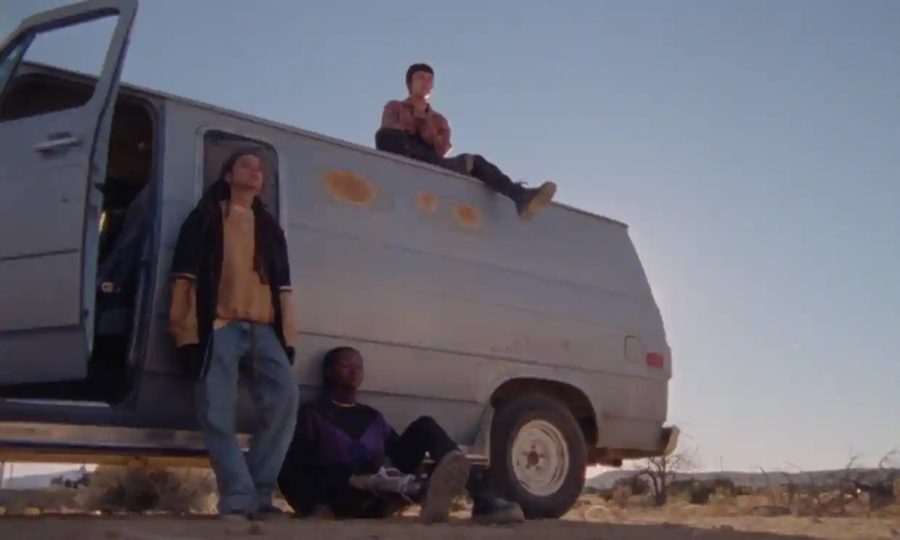‘How to Blow Up A Pipeline’ Is An Explosive Call To Action For A Dying Earth
May 30, 2023
With a title aptly named for its subject matter, never does it actually tell you how to make bombs, just as the nonfiction book by Andreas Malm it’s based on doesn’t either. Instead, the film hones in on an electric tightrope walking thrill that keeps you on edge during its entire duration.
Under The Radar
After premiering at the Toronto International Film Festival in 2022, “How To Blow Up A Pipeline“, directed by Daniel Goldhaber, and co-written by Ariela Barer, Goldhaber, and Jordan Sjol, had a theatrical release in April of this year. Considering the film’s wide critical acclaim it’s somewhat surprising that not many have even seen it, but apparently has been seen as a potential threat to the FBI. Despite its more radical dispositions, this is a film I think more people should watch as it may spark change in those who feel helpless.
Made up of the lives and different backgrounds of each key character in a crew of mostly young people, the film operates in a similar vein to a heist movie. The stakes are clear from the beginning and it never backs down, never giving the audience a breath. The core of the story is grounded in a very real and very dangerous project undertaken by everyday people for a common goal: to disrupt the profits of big oil. As one of the main characters Xochitl (Ariela Barer) says, “this isn’t an act of terrorism, it’s an act of self-defense.”
A Lingering Threat
The climate crisis is happening now. People around the world and across the country are feeling its effects today. This isn’t an issue we can just try to mediate through legislation as it’s already too late to try to reverse. This feeling runs deep in the veins of this story, the crux of it balanced on two of the characters, Xochitl and Theo (Sasha Lane), who grew up near an oil refinery. Xochitl’s mom dies in a heat wave while her best friend Theo gets diagnosed with leukemia, a common occurrence among people who live near refineries apparently.
So, the motive for why these people are risking so much is revealed in human detail, and not without doubt. Through the first half, they deliberate and talk amongst themselves about how their actions will truly affect people. The characters know what is at stake. But in a world that is already dying, and with the feigning ignorance of the state, how else do we disrupt and survive in these unprecedented times?
The film is a taught exercise in the powers of cinema as a medium for a driving force for stoking broiling flames and climate frustration into radical means to an end. It gives real tangible power in the form of direct action to the hands of the working class. If you even remotely care about the planet and don’t mind a little bit of eco-terrorism, watch this movie. It’s a passionate letter to our precarious future that is all too real and is one of the year’s best by far.







